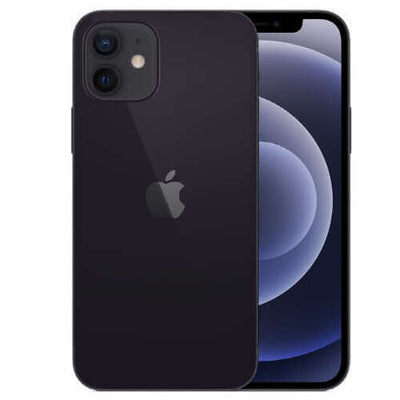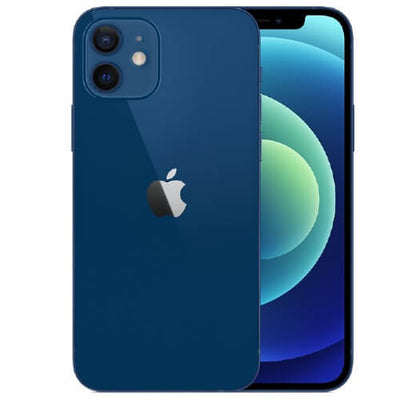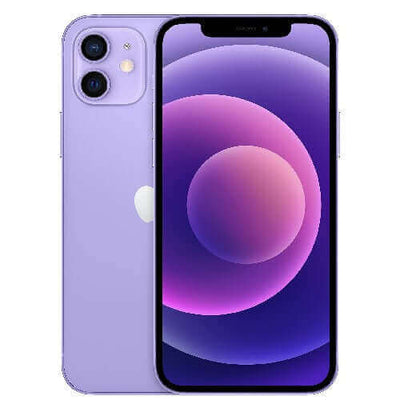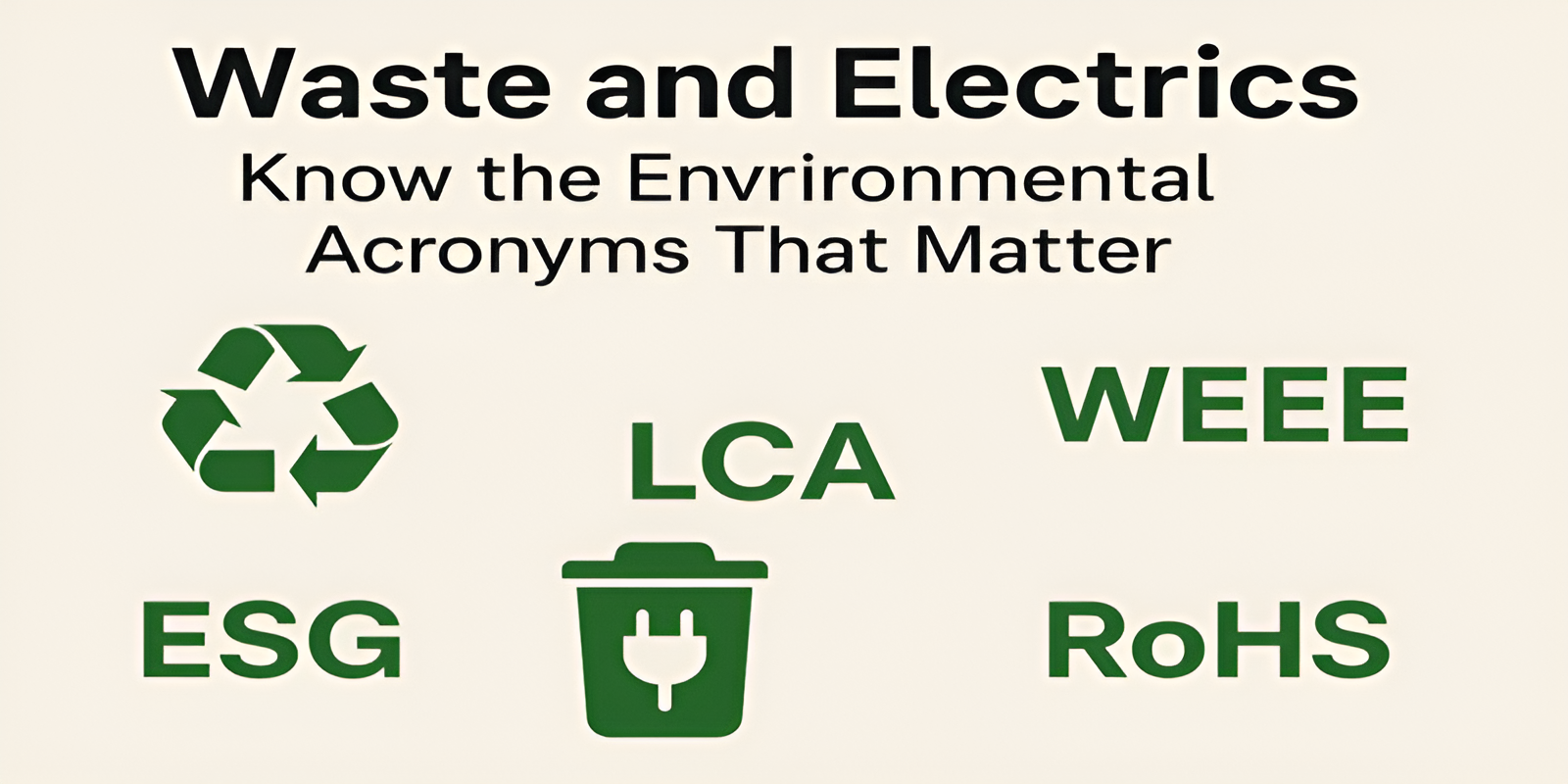Introduction: Understanding Waste and Electrics
As the UAE becomes more concerned about sustainability, especially Dubai, it becomes pertinent to know how waste and electrics system affects our environment. Environmental acronyms play a significant role in shaping green policies and practices-from recycling e-waste to curbing carbon emissions. They help residents and businesses make informed choices. Whether dealing with old gadgets or setting up energy-efficient systems, understanding the waste and electrics sector is essential for sustainable living in Dubai. This blog breaks down the environmental acronyms that matter the most and how they relate to waste and electrics in Dubai.
E-Waste and WEEE: Understanding Electronic Waste Regulations
Laundry in the waste and electrics habitat of Dubai is empowering myself with the term WEEE, meaning Waste Electrical and Electronic Equipment. The WEEE directive advocates the proper disposal of items like cell-phones, laptops, or home appliances. E-waste in Dubai is multiplying very rapidly, and mismanaging it may endanger health and environment. The Dubai Municipality has ramped up awareness about the issue of waste and electrics recycling through setting up disposal and drop-off points for such waste. Knowledge of WEEE makes citizens part of the solution as they can responsibly handle waste and electrics management in Dubai.
ESG: Environmental, Social, and Governance in Electrics
It is used for waste and electrics: Environment, Social, and Governance, which are the three pillars that define no less than corporate involvement. It means that the Dubai companies will have to adhere to the above ESG criteria, which includes the proper disposal of electrical waste, responsible sourcing of raw materials, and emissions reduction. Many organizations now have begun to report their ESG performance towards the Dubai Clean Energy Strategy 2050. Integrating ESG practices in the waste and electrics sector not only improves the reputation of a brand but also contributes to the vision of being green in Dubai. Knowing the standards of ESG empowers companies to manage their waste and electrics in an effective manner in Dubai.
LCA: Life Cycle Assessment in Electronic Manufacturing
Then comes LCA - Life Cycle Assessment, one of the important terminologies within the waste and electrics ecosystem. This describes the evaluating environmental impact of products through its lifecycle from manufacturing to disposal. In Dubai, where there is a boom in technological innovativeness, LCA enables industries to produce sustainable electronics. Companies apply LCA to avoid waste, optimize resource use, and design components that can be recycled. With LCA, companies and individuals alike are making smarter choices in their purchasing and disposal of products, thus ensuring that waste and electrics management in Dubai is eco-conscious.
RoHS: Restriction of Hazardous Substances in Electrics
Like the Restriction of Hazardous Substances Acronym, RoHS stands important in waste and electrics debate. RoHS restricts the use of lead and mercury as toxic substances in electronics. For Dubai, enforcing RoHS compliance is to ensure safety for all consumers, as well as the environment. Today, several of Dubai's retail shops stock-up RoHS-compliant products, hence making it easy to choose safer and eco-friendly appliances. Proper application of RoHS further helps in reducing the hazardous e-waste and promotes recycling efficiency. Dubai is thus ambitiously building a sustainable future and setting high standards in waste management and electrics through RoHS.
EPR: Extended Producer Responsibility in Dubai's Waste Policy
As per the policy of Extended Producer Responsibility; it is the responsibility of producers to transfer the burden of e-waste disposal on manufacturers, as now the environmental policy is getting active in Dubai along with other initiatives under smart city initiatives. With this in practice, companies need to collect old products back for recycling or safe disposal. Such kind of intervention has been more effective under waste as well as under electrics in reducing the land filling volume production and improving its rates for recycling. Responsible innovation is encouraged in Dubai, and hence a larger number of producers are adopting EPR programs. Being informed about EPR helps consumers and businesses understand their role in making waste and electricity management in Dubai much better.
Conclusion: Why These Acronyms Matter in Dubai
Being part of the highest striving sustainable city in the world means knowing the important environmental acronyms in this transformation. Be it a local resident, a businessman, or a college student, everyone is concerned and able to know how waste and electrics correlate together with such terms as WEEE, ESG, LCA, RoHS, or EPR. Awareness caught up. In action, it is becoming crucial among the waste and electrics affecting daily life in Dubai. Stay informed, back up green policies, and act responsibly according to the Dubai vision in sustainability.
Frequently Asked Questions
Q.1. What is WEEE in waste and electrics?
WEEE stands for Waste Electrical and Electronic Equipment. It refers to the recycling and safe disposal of electronics.
Q.2. Why is RoHS important in Dubai?
RoHS ensures electronics are free of harmful substances, supporting health and environmental safety in Dubai.
Q.3. What does ESG mean for electronics companies?
ESG stands for Environmental, Social, and Governance. It promotes responsible waste and electrics practices in business.
Q.4. How does LCA help reduce electronic waste?
LCA analyzes the environmental impact of products, helping manufacturers make sustainable design and disposal choices.
Q.5. What is the benefit of EPR in Dubai’s waste management?
EPR holds manufacturers accountable for end-of-life product recycling, reducing landfill and improving recycling efforts.





















